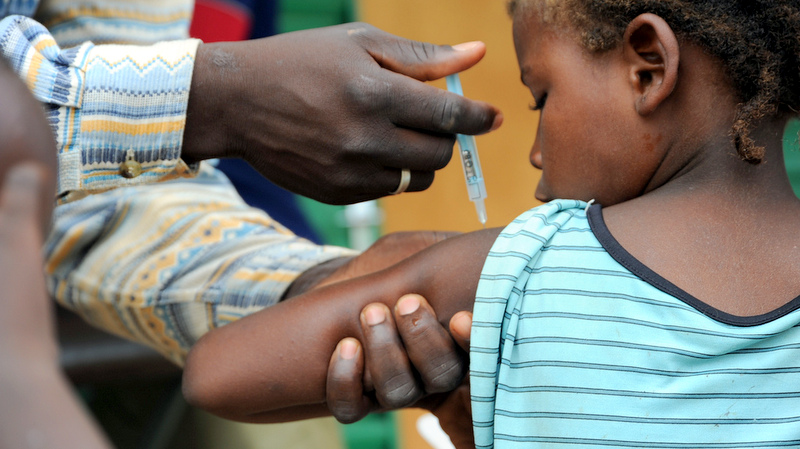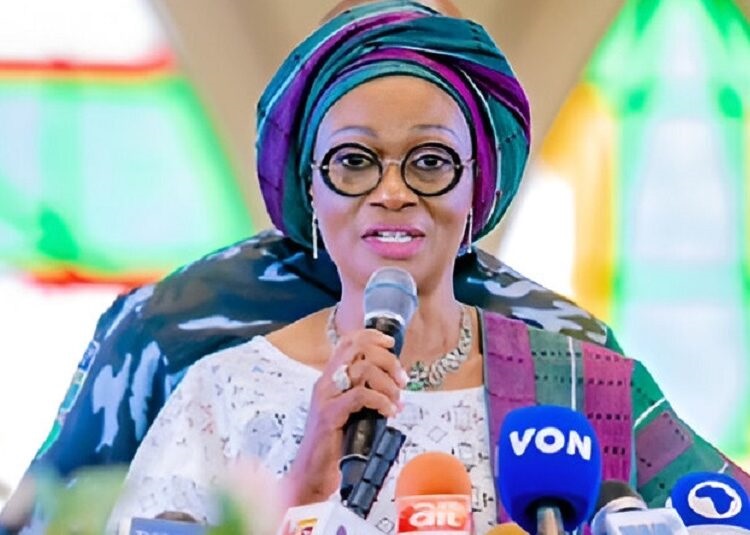Yobe Government says it has intensified immunisation campaigns across the state to curb the spread of vaccine-preventable diseases.
The Commissioner for Health and Human Services, Dr Muhammad Gana disclosed this during a Media Dialogue and Field Mission to commemorate the 2025 African Vaccination Week and World Immunization Week on Tuesday in Damaturu.
He said the week-long commemoration was aimed at sensitising the public on the importance of immunisation as a cost-effective strategy to prevent diseases such as diphtheria, meningitis, and cholera.
“As we all know, we have faced many outbreaks of vaccine-preventable diseases.
“That is why the administration of Gov. Mai Mala Buni, has directed a renewed commitment and strategies to ensure no child is left unvaccinated in Yobe,” Gana stated.
The commissioner said activities carried out during the week included visit to Gonge Primary Health Care centre alongside the Emir of Damaturu and his council members.
The commissioner added that they also visited various communities to observe and supervise immunisation efforts.
“We observed some non-compliance cases which have now been resolved.
“We also recorded zero-dose cases that have been vaccinated and detected circulating vaccine type 2 and 3 in one local government area, prompting intensified efforts to raise immunity levels,” he said.
Also speaking at the event, Dr Hassan Sa’idu, a Health Specialist with UNICEF, said the organisation remains a key partner in supporting immunisation campaigns across the globe, including Yobe.
“This week serves to commemorate and re-emphasise the importance of vaccination,” he said .
He said UNICEF had long collaborated with the Yobe government and we hoped the partnership would be sustained to give every child the chance to survive, thrive and grow into adulthood.
Caregivers also shared personal experiences on the life-saving benefits of immunisation.
Malam Adama from Abbari Sabon-Kwalta, Damaturu, recounted how the death of her younger brother from meningitis changed her perception of vaccines.
“Initially, my family did not accept vaccines. But after I lost my brother and my first child also fell ill.
“I took him to the hospital and allowed him to be vaccinated. Since then, I’ve become an advocate for immunisation,” she said.
Another caregiver, Malama Nana Mu’azu, said she was initially reluctant until two of her children were affected by diphtheria and meningitis.
“After taking them to the hospital for treatment and vaccination, they recovered.
“That’s when I understood the importance of immunisation,” she testified. (NAN)





